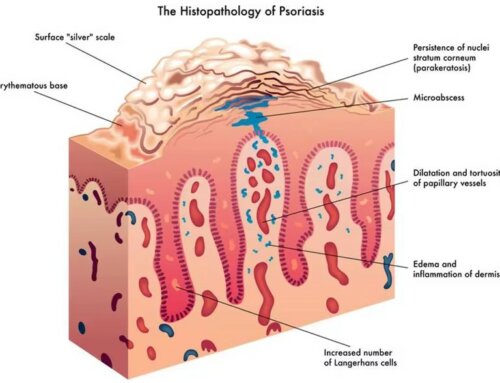More and more studies are being done that involve how one lives their life day to day, better known as lifestyle; since health care has become a nation-wide priority, more funds are being invested in these study topics.
As educators, we have been teaching that positive lifestyle changes will help control diabetes after it develops. Recent studies are showing us that these lifestyle changes can actually help prevent chronic disease before they hit. Let’s examine two studies in the news which provide us with solid information on how daily movement and better nutrition can really work to your benefit.
- Sitting Leads to Chronic Health Problems – For years we have taught and believed “the need to be active is a minimum of 30 minutes of aerobic activity 5 days a week” to obtain needed cardiovascular benefits. We also know that minimum exercise guidelines aid in better control after diabetes and heart disease has developed. A new study done by researchers in Australia and Kansas State University suggests that may not be enough! The more people sit during the day – the greater the risk of developing chronic diseases including cancer, diabetes and heart disease. The study is published online in the International Journal of Behavioral Nutrition and Physical Activity. Office jobs/desk jobs require you to spend long hours sitting in a chair with little or no movement. Constant daily low levels of energy are now shown to be truly hazardous to your health. The study included 63,000 Australian male participants (large study) within the age group of 45-65; the study was based on how many hours a day a participant sat. It concluded that those who sat for 4 or less hours a day developed much fewer chronic illnesses – including diabetes, cancer, high blood pressure and heart disease. Those who sat for 6 hours a day had an increased risk of chronic disease and those who sat for 8 hours a day had the highest incidence of developing chronic illness. Obviously for those of us who have a desk job it is not suggested that you quit. The important thing is to move around as much as possible during the day even with the desk job. Small breaks of standing up are considered beneficial as well as doing yoga or gentle stretches in your chair. Even using isometrics, which is tightening a muscle group and then relaxing it, is considered movement. Sitting on a large exercise stability ball can allow you to move and stabilize your core while being seated. Recently more and more offices have offered employees the opportunity to having desks where you stand, treadmills attached to desks, employee wellness and fitness centers. Some employers are willing to offer reduced cost or free gym memberships as an employee benefit. Try to get up and leave your desk for lunch even if you have to take your work with you. Do ankle rolls, side bends or arm circles at your desk. Even fidgeting at your desk like toe tapping is considered moving. Remember when you leave for the day do not go straight home and sit down in front of the computer or TV. Move! It is now known that it takes more than the 30 minutes a day to help reduce your risk of chronic disease, and to control them once they develop.
- Mediterranean Diet – Multiple diets have previously been studied including low-fat, low carbohydrate and high protein/high fat diets; all these diets have raised issues on general health, continued weight reduction and maintenance; also these diets were never studied to actually help reduce disease. A recent study utilizing the Mediterranean Diet was reported and published in The New England Journal of Medicine. The study followed 7447 men from ages 55-80 at high risk for heart disease and stroke for 5 years. Those chosen had a high risk of developing heart disease since they had diabetes, were smokers, had a strong family history of CV disease, were obese, had high blood pressure and high cholesterol. The study showed that this sensible eating plan was able to cut the risk of cardiovascular disease and stroke by 30% (since stroke and heart attack complications are the leading causes of death in patients with diabetes, this is significant news). The Mediterranean diet has been very popular in the coastal areas of Spain, Portugal, Southern France and Greece. It includes mostly fruits, vegetables, legumes, fish, beans, nuts (including almonds, walnuts and hazel nuts), olives and extra virgin olive oil (extra virgin olive oil helps lower cholesterol more than refined olive oil). It encourages red wine with meals (optional – check with your physician), limited red or processed meat and minimal commercial baked goods including sweets and pastries. It also limits spreadable fats. According to Dr. Steven Nissen, chairman of cardiovascular medicine at the Cleveland Clinic, “the preventive effect of the diet is similar to taking statins.” The positive affects were so strong in decreasing heart disease that the study was discontinued early. Unfortunately the main doctor leading the study, Dr. Ramon Estruch of Spain, states “that the diet in his local area of Spain is becoming more Americanized and he believes people should stick to what they learned from their grandmothers and grandfathers to obtain the diet benefits.”
Information is available everyday giving us the ability to help promote our own health. I will continue to keep you informed and I hope you will decide what is best for you along with your health care provider.
NOTE: Consult your Doctor first to make sure my recommendations fit your special health needs.






Leave A Comment